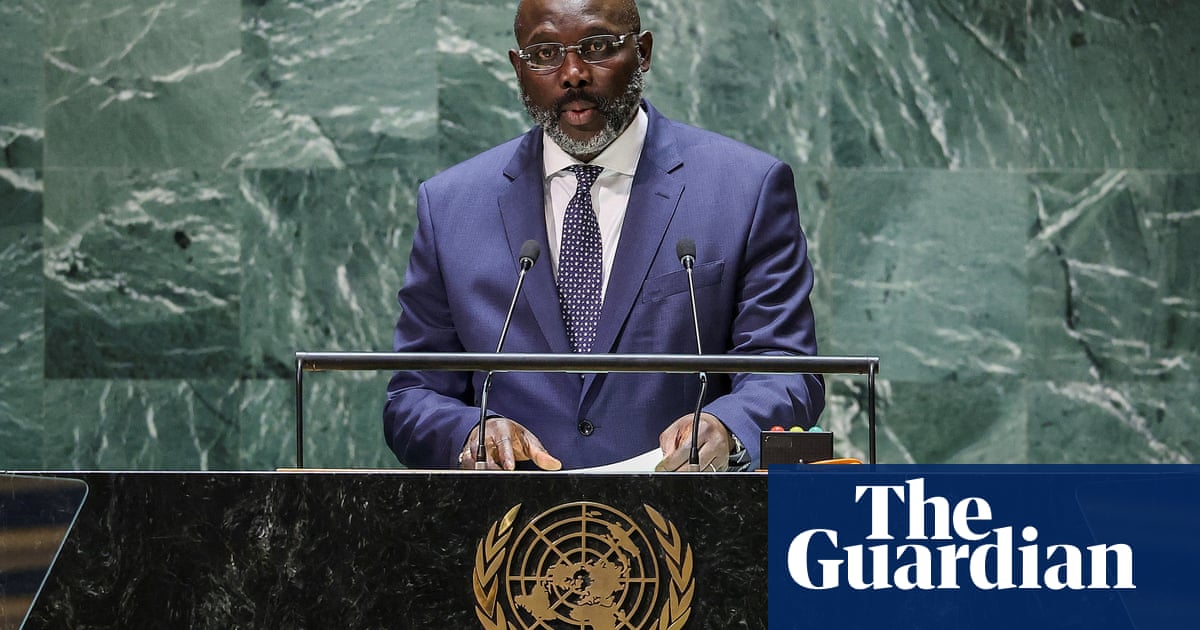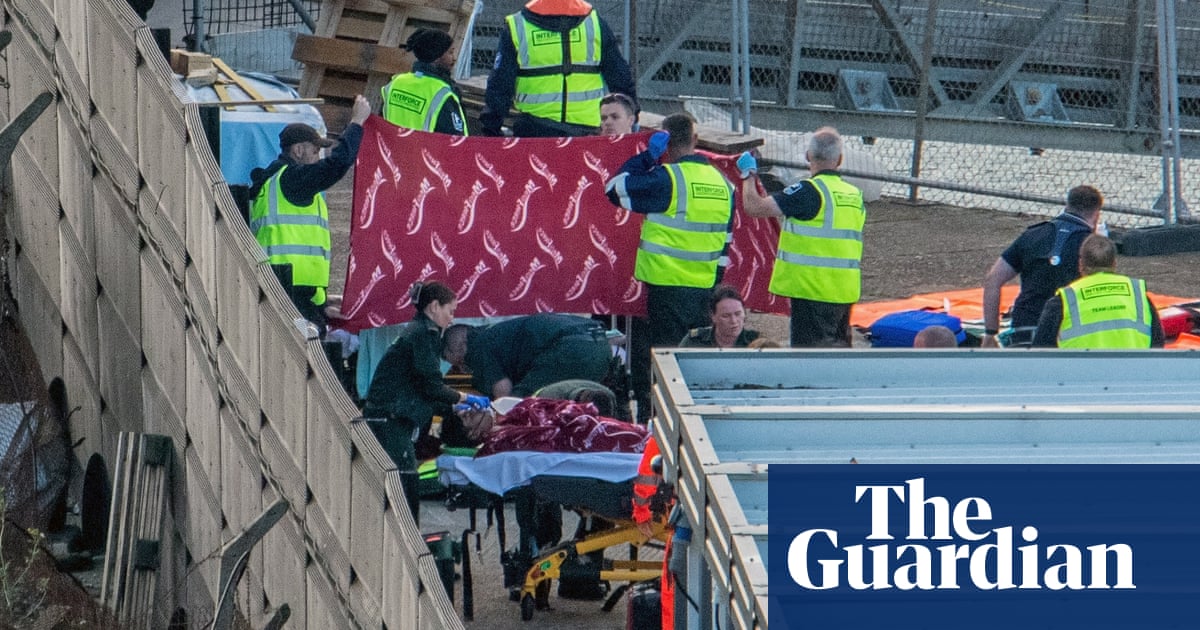
Calls for reform of Liberia’s notorious prison system have intensified after more than 200 inmates held a protest at a facility in the northern Nimba county earlier this month over what they described as the government’s failure to provide them with adequate food and medication.
Complaints about the west African country’s prisons are longstanding. Prisons are routinely severely overcrowded and inmates suffer from a lack of access to basic medical facilities, sanitary items and uniforms.
Last year, a prison in the capital, Monrovia, ran out of food, and two of the country’s other 15 prisons briefly stopped taking inmates due to food shortages.
The Rev Sainleseh Kwaidah, Liberia’s national director of prisons, blamed the shortages on a number of factors including overcrowding, inadequate infrastructure and challenges with budget allocation and disbursement.
“Budgetary allocations are pushed towards operation and little or nothing is left to enact reform,” Kwaidah said. Only six of the 16 prisons had clinical facilities, he said, meaning that in the other 10 medical staff and services were rotated.
The budgetary constraints were reflected in a 2021 report by the General Auditing Commission that showed a consistent decrease in government funding from $1.8m (£1.42m) in 2013 to $311,208 (£246,000) in 2020.
In December 2022, Monrovia central prison, the largest in the country, refused to take in new inmates because of overcrowding. The same year, a US state department human rights report found that the prison was holding 1,426 inmates despite being built to hold just 374. According to the report, there were times when prisoners were required to sleep in shifts due to overcrowding.
A large percentage of inmates are pre-trial detainees who have not been sentenced in court. A UN report found that as of November 2022, 73% of the nationwide prison population of 3,256 were pre-trial detainees.
To address the constant shortage of food, prisons around the country have had to accept donations of food and sanitary materials from private organisations. The Liberian Bar Association (LBA) is also implementing legal aid clinics for pre-trial detainees who have been incarcerated beyond the statutory period in an attempt to cut their numbers.
Jamal C Detho, a professor of law who is the vice-president of the LBA, called for more plea bargaining and the institutionalisation of an alternative dispute resolution mechanism for lesser offences to bring inmate numbers down. “Capacity building is also critical for probation officers and an effective probation system where individuals can perform community service instead of spending time in jail for lesser offences is also needed,” he said.
Liberia’s president-elect, Joseph Boakai, will be inaugurated in the new year after he won an extremely tight presidential runoff against the incumbent, George Weah, last month. Weah, a former professional footballer, was propelled to office buoyed by a wave of hope in 2017, but many Liberians have since grown disillusioned with a lack of progress on problems including corruption, poverty and unemployment.
Last year, the government promised to build a new prison to help ease overcrowding, but construction has yet to begin. In the meantime some prisons have been renovated and the government has supported projects for inmates to produce their own food at two prisons.
“There is a strategic plan that runs up to 2027 that has a lot of prison reform,” Kwaidah said. “We need all hands on deck, and hopefully, we will see more implementation of this plan.”











